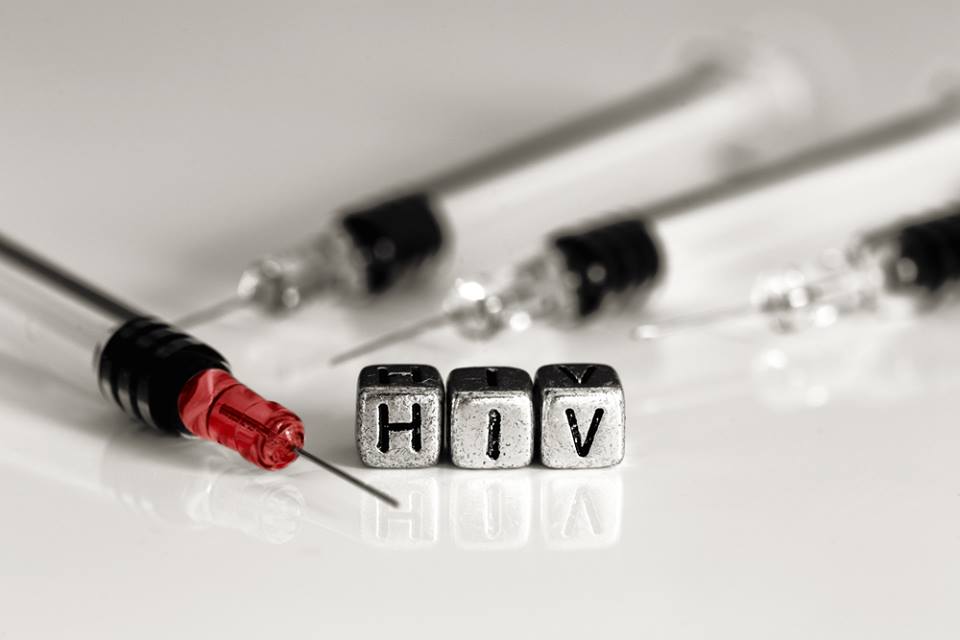
MANILA, Philippines — Human Rights Watch (HRW) on Friday urged the Philippine government to protect employees in the country living with Human Immunodeficiency Virus (HIV) from workplace discrimination.
In a dispatch, New York-based HRW noted that workers with HIV in the Philippines, which posted the fastest-growing HIV infection rate in the Asia-Pacific region, suffer workplace discrimination and often refused to seek redress.
“The Philippines faces a double whammy of increasing HIV infection and fears by workers with HIV that they can’t seek justice if they are discriminated against on the job,” HRW Philippines researcher Carlos Conde said.
“The government needs to ensure that people living with HIV get better protection in their jobs and that the public gets more and better information on HIV,” Conde added.
HRW explained that workplace discrimination in the country includes refusal to hire, unlawful firing, and forced resignation of people with HIV.
The human rights watchdogs also said that some employers may also disregard or actively facilitate workplace harassment of employees who are HIV positive.
“In most of the discrimination cases that Human Rights Watch documented, employees with HIV did not file formal complaints, most frequently due to fear of being further exposed as HIV positive, which could prevent future employment,” HRW said.
HRW added that the number of new cases of HIV, which causes Acquired Immunodeficiency Syndrome (AIDS), in the country rose from just four cases a day in 2010 to 31 cases a day as of November last year.
HRW also claimed that HIV cases jumped to 49,733 as of November 2017 from 117 cases a decade ago.
“Most new infections, up to 83 percent according to the Philippine government, occur among men or transgender women who have sex with men,” it said.
In August 2017, the government was prompted to declare a “national emergency” because of the increase.